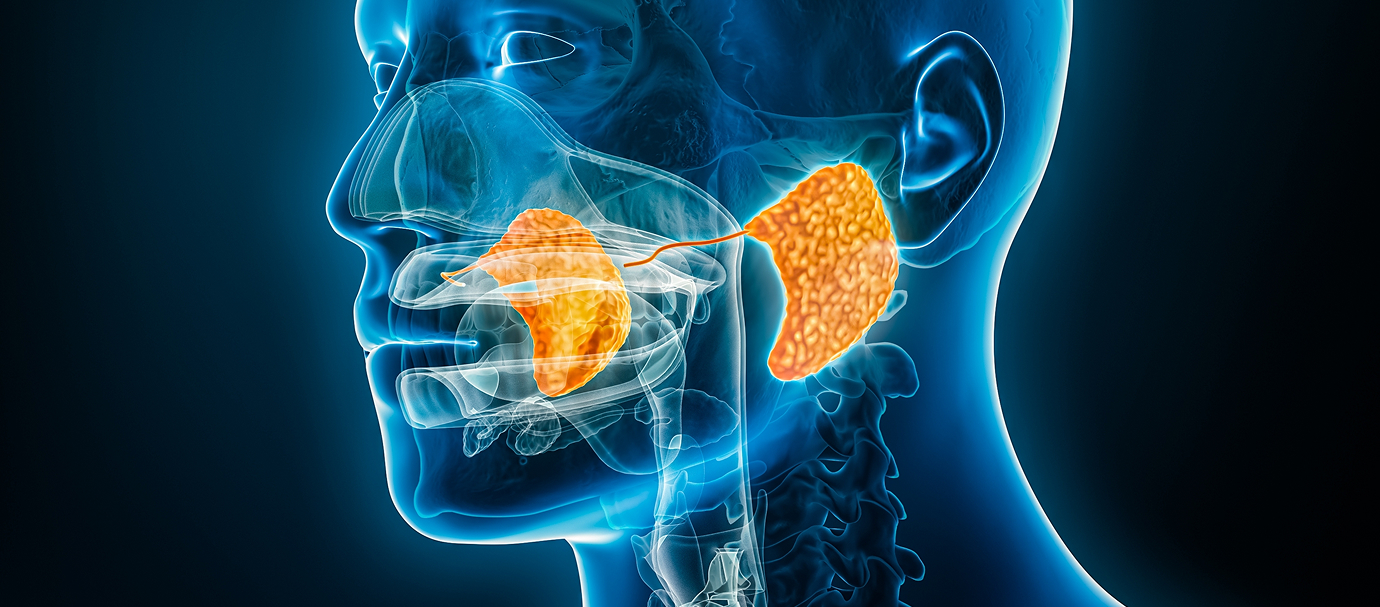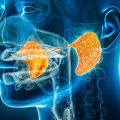Most of us rarely think about our salivary glands until something goes wrong. These small but vital organs work tirelessly to produce saliva, which plays a crucial role in digestion, oral health, and overall comfort. When salivary glands become blocked, infected, or damaged, the resulting symptoms can significantly impact your quality of life. Understanding these conditions and knowing when to seek treatment can make all the difference in achieving effective relief.
Table of Contents
ToggleWhat Are Salivary Glands and Why Are They Important?
Your mouth contains three pairs of major salivary glands: the parotid glands (located in front of your ears), the submandibular glands (under your jaw), and the sublingual glands (under your tongue). Additionally, hundreds of minor salivary glands are scattered throughout your mouth and throat.
These glands produce approximately 1-2 litres of saliva daily, which serves several essential functions:
- Breaking down food and aiding digestion
- Neutralising acids that can damage teeth
- Fighting bacteria and preventing infections
- Keeping your mouth moist and comfortable
- Facilitating speech and swallowing
When salivary glands don’t function properly, these vital processes become compromised, leading to uncomfortable and sometimes serious complications.
Common Salivary Gland Disorders
Salivary Stones (Sialolithiasis)
Salivary stones are the most common cause of salivary gland problems. These calcium deposits form within the ducts that carry saliva from the glands to your mouth, blocking the normal flow of saliva.
Symptoms include:
- Sudden, severe pain during eating
- Swelling that worsens with meals
- Dry mouth
- Difficulty opening your mouth fully
- A visible lump under your tongue or jaw
Salivary Gland Infections (Sialadenitis)
When saliva flow is reduced or blocked, bacteria can multiply, leading to painful infections. This condition most commonly affects the parotid and submandibular glands.
Signs of infection include:
- Painful swelling of the affected gland
- Fever and general feeling of being unwell
- Bad taste in your mouth
- Pus draining from the duct opening
- Difficulty swallowing
Conclusion
Salivary gland disorders don’t have to be endured in silence. With modern diagnostic techniques and revolutionary treatments like sialendoscopy, most conditions can be effectively managed with minimal disruption to your daily life. The key is recognising symptoms early and seeking specialist care from experienced professionals.
If you’re experiencing symptoms of salivary gland disorders, don’t wait for them to worsen. Early intervention often leads to better outcomes and can prevent the need for more extensive treatments later. Remember, effective relief is available, and you don’t have to live with the discomfort and inconvenience these conditions can cause.



